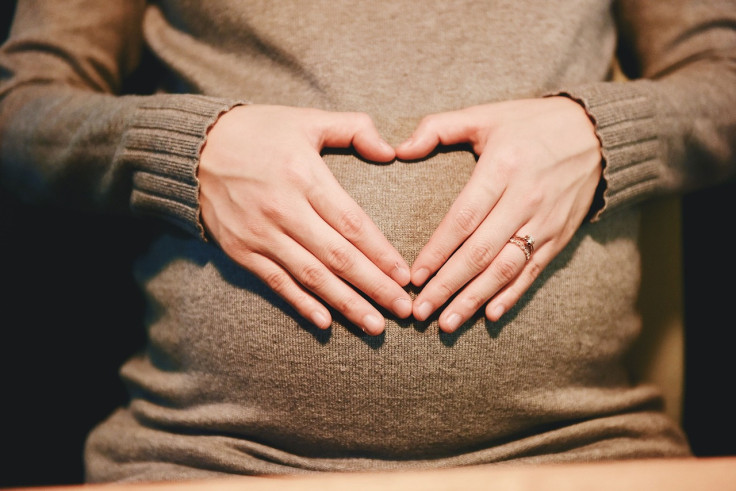
Babies born to women infected by COVID-19 during pregnancy are three times more likely to develop respiratory illness, a recent study has found.
Moreover, the risk of respiratory illness is reportedly significantly lower when the expectant mothers are vaccinated before contracting the infection.
There have been increasing reports of respiratory distress in uninfected children who are exposed to the virus during pregnancy. Earlier studies have suggested that prenatal exposure to the SARS-CoV-2 virus triggers "an inflammatory cascade" in the airways of newborns.
In the study published in Nature Communications, researchers investigated the relationship between maternal COVID-19 vaccination and respiratory illness in infants using a longitudinal cohort of mother-infant pairs in Los Angeles, California.
"We found unusually high rates of respiratory distress shortly after birth in the full-term babies born to mothers who had COVID-19 during pregnancy. The mothers had not been vaccinated prior to acquiring COVID, indicating that vaccination protects against this complication, " Dr. Karin Nielsen, senior author of the study, said in a news release.
The study included 221 pregnant women with COVID-19, 151 of whom were unvaccinated before infection. Among the unvaccinated participants, 16% experienced severe or critical COVID-19, whereas only 4% of the vaccinated group had severe infection.
"The researchers found that 34 (17%) of 199 exposed infants followed in the study had respiratory distress, which is a very high frequency, as in the general, unexposed population respiratory distress happens in 5% to 6% of babies only. Twenty-one percent of babies with respiratory distress were born to mothers with severe or critical COVID-19, while only 6% of babies without respiratory distress were born to women with severe disease, a finding that was statistically significant," the researchers said.
"Of the 34 infants with respiratory distress, only five (16%) were born to mothers vaccinated prior to infection, compared to 63 (41%) without the breathing disorder, indicating that vaccination had a protective effect," they added.
The researchers noted that the risk of respiratory distress in full-term babies was low in cases where pregnant women received at least one dose of mRNA vaccine before the infection.
The study had certain limitations. It was based on a small sample size, and the patients were exclusively from a large tertiary and quaternary medical center, where more severe infection cases were typically transferred. Hence, the results may be skewed toward a higher representation of severe COVID-19 cases than what might be seen in the general population.
The study also did not look into the impact of COVID-19 infection before vaccination or of vaccination after infection — factors that could influence both maternal disease severity and its potential impact on fetal development.







